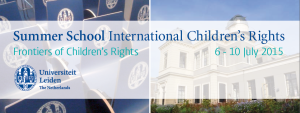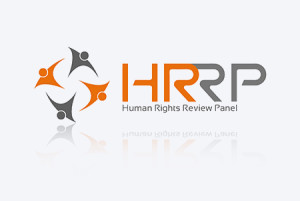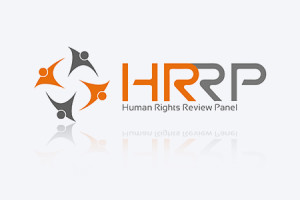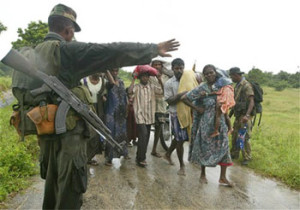by Leiden University and the Grotius Centre for International Legal Studies
Venue: Leiden and The Hague
Date: 6-10 July 2015

The Leiden Summer School on International Children’s Rights offers a great opportunity to engage with eminent professors, children’s rights experts and colleagues from all over the world and acquire state of the art knowledge of the most important global children’s rights themes.
The one week programme offers insight in highly relevant and topical issues including migration and children’s rights, children and digital technologies, children in armed conflict and conflict situations, child justice and child protection. In addition, you will be challenged to engage with experts in strategic litigation, monitoring of children’s rights and the role of civil society in implementing children’s rights.
The summer school is held in the beautiful cities of Leiden and The Hague and includes excursions to the Leiden Children’s Rights House, a youth institution and the International Criminal Court, as well as social activities. Previous editions have attracted professionals and advanced students from all over the world
The course will be coordinated by Professor Ton Liefaard, UNICEF Chair in Children’s Rights at Leiden University, and by Professor Julia Sloth-Nielsen, Professor of Children’s Rights in the Developing World at Leiden Law School
Guest speakers will include Human Rights experts and academics.
Tuition fees for professionals are: €1100, and for students: €900.
A limited amount of applicants will be admitted to this summer school. The course is mainly aimed at professionals, but advanced students are invited to apply as well.
If you wish to apply, click here.
The deadline for applications is 1 June 2015.
 The Human Rights Review Panel (HRRP) has published its Annual Report for the period from 1 January 2015 to 31 December 2015.
The Human Rights Review Panel (HRRP) has published its Annual Report for the period from 1 January 2015 to 31 December 2015.







